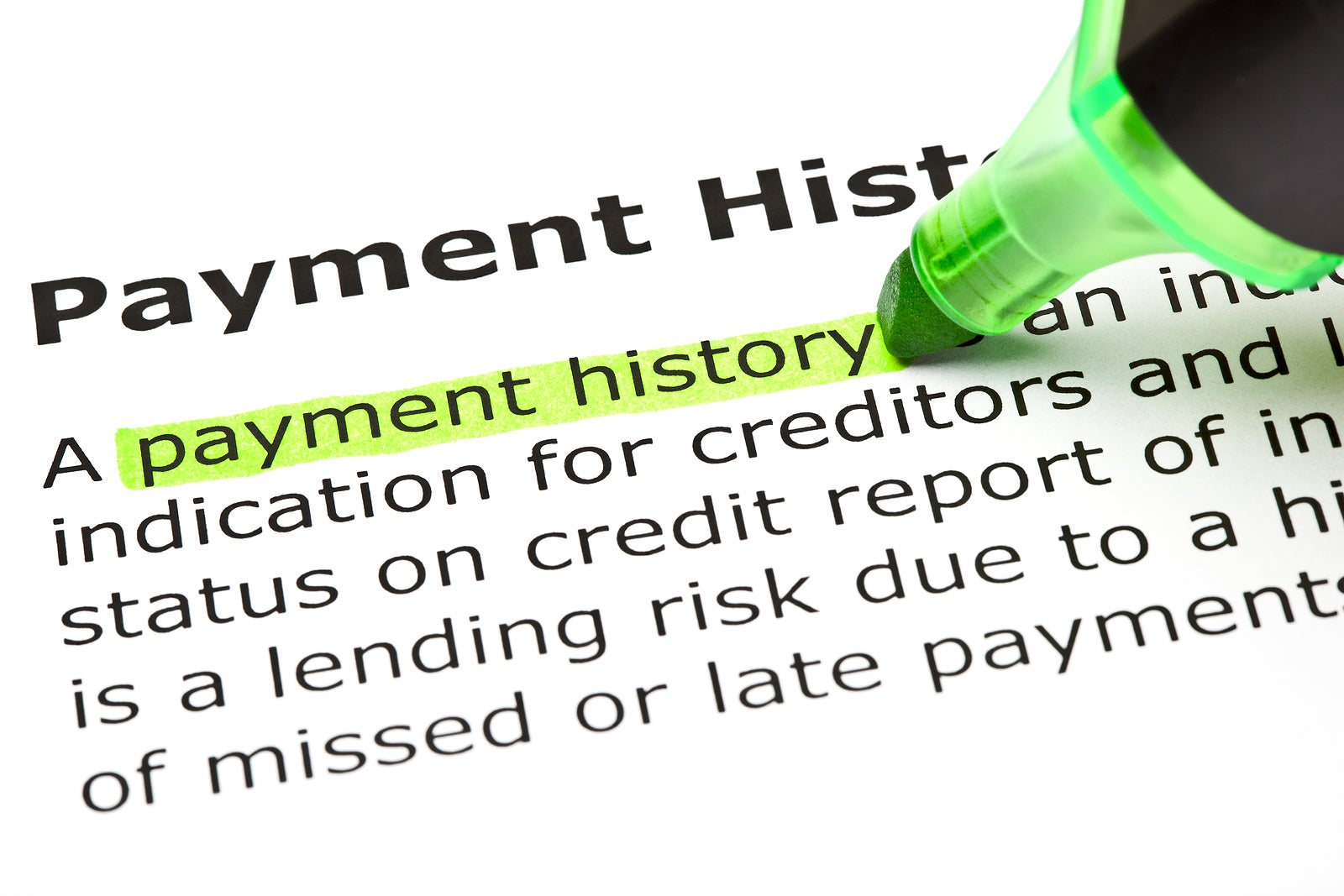
Amidst the pandemic, lenders are providing opportunities to help borrowers tackle their financial difficulties. Many lenders are offering loan extensions for a couple of months, reducing the interest rates and other flexibility options.
Any future repayments that you encounter have to be made after taking precautions. Ensure that you obtain secure written documentation of the agreement that you have reached with your lender. Also, ensure that your repayments are reflected in your credit reports. You can monitor these credit reports online through a credit bureau.
One has to be proactive in recognizing debt problems. Being able to manage the debt safely should be a priority for every consumer. Here are some tips that can help protect your credit:
Get the Right Documentation
When you get approved for a loan and are doing the repayments, the debt collectors are legally entitled to provide you a written “validation” notice of the debt. This notice should have details of debt owed, the name of the credit, and a notice of the borrower’s rights.
Dig into the Lender’s Details
As the pandemic continues, numerous scammers will surface and pose as debt collectors to steal your personal information and money. You can easily spot such scams by simply asking for the lender details such as name, address, and telephone number.
Free vs. Fees
One can get their credit report for free only from the official credit bureaus such as AnnualCreditReport.com. Other websites that claim to offer free credit reports may charge you a fee at some point—use them at your own risk.
Report any Wrong Activity
If you ever feel that the debt collector has failed to meet his legal obligations, you can report to the Federal Trade Commission, the office of the Attorney General, or the Consumer Financial Protection Bureau. Sharing your experience may help others avoid encountering the same issue.
Are Payday Loans an Option During a Crisis?
As people try to make ends meet during the COVID-19 pandemic, they may look for alternative ways to meet their financial requirements. Payday loans are short term loans that come with high-interest rates and are paid off after the next paycheck.
Before applying for payday loans, it is advisable to try out the following:
1. Personal Loans
Personal loans can be a cheap alternative to payday loans and they can be availed from banks or credit unions.
2. Paycheck Advance
Some companies assist their employees financially by providing advance paychecks.
3. 401(k) Loan
You can also borrow money from your retirement or 401(k) account. To avoid incurring any taxes or penalties, you need to repay the loan on schedule.
4. Payment Plan
You can renegotiate your payment plans with your lenders to help ease some financial stress during the pandemic.
5. Credit Counseling
If your financial situation is getting out of hand, you can approach the Consumer Credit Counseling to help analyze your credit.
If you still require an online payday loan, make sure to apply through trusted site like PaydayMe and others. Here are some other things to keep in mind:
- All lenders are not the same – each lender has his own reputation and conditions; you need to do your research before applying.
- Avoid paying upfront fees – Some lenders tend to ask for upfront fees without providing your loan—avoid such lenders completely.
- Read the documentation well – Once you have been approved for a loan, ensure you read the loan agreement thoroughly, check the fees and consequences of non-payment.
- Limit the amount you borrow – Ensure that the payday loan you take can be repaid with your next paycheck.
2529 Views












